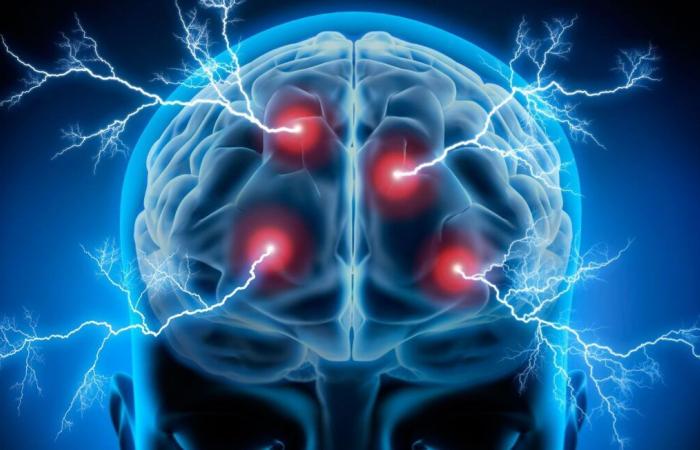“Opening new perspectives in research on post-traumatic disorders. » According to Professor Wissam El Hage, psychiatrist at the Val de Loire Regional Psychotrauma Center, this is what a study published Wednesday in Science Advances could allow. This, led by Pierre Gagnepain, neuroscientist at the University of Caen, focused in particular on the victims of the attacks of November 13, 2015. Objective of this research: to discover the brain mechanisms linked to post-traumatic stress (PTSD) , reports L’Express.
MRI exams
To carry out this study, Pierre Gagnepain and his team relied on magnetic resonance imaging (MRI) examinations carried out on 200 patients who were victims of the attacks, some of whom were in remission.
The study observed that, in people who have overcome their PTSD, the hippocampus, the brain region linked to memory, no longer shows degradation. If this structure undergoes atrophy in severe cases of chronic stress, this process therefore seems to be stopped in patients in remission. “In those who have recovered, we see that the atrophic process has stopped. It’s not getting worse,” assured Pierre Gagnepain at Parisian.
“Promote remission”
Researchers have been particularly interested in the cognitive mechanisms that help some people control intrusive memories. These traumatic memories, often triggered by sensory elements such as smells or sounds, can reactivate the terror of the moment experienced. But Pierre Gagnepain’s team discovered that people with a better ability to “block” these thoughts were less prone to post-traumatic disorders.
These results open the way to new therapies based on “cerebral plasticity”, as Wissam El Hage pointed out: “We can more easily imagine programs, training or molecules that could promote remission. » For Francis Eustache, neuropsychologist interviewed by the Huffington Post, it is a question of “facilitating the care” of victims of attacks and more generally victims of PTSD.





